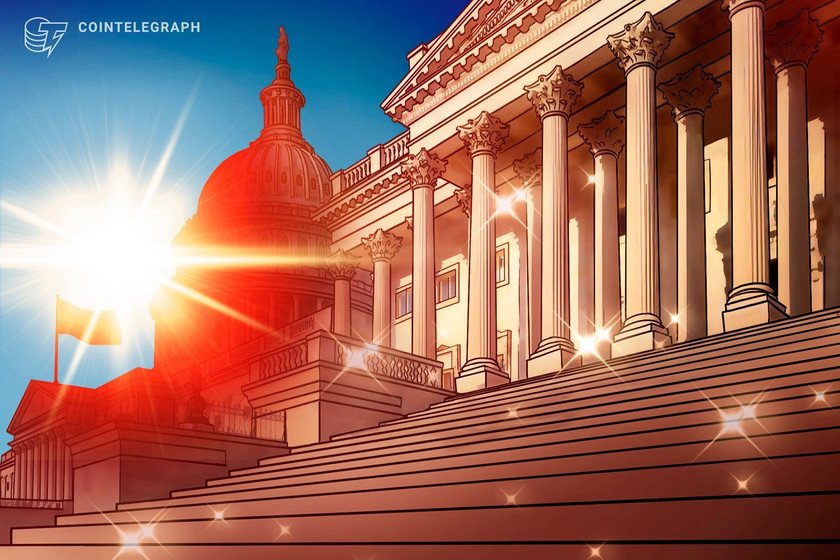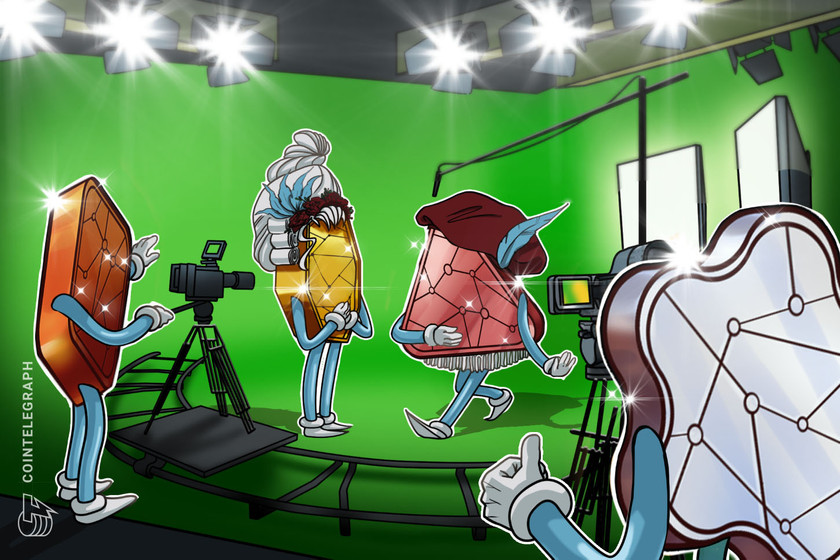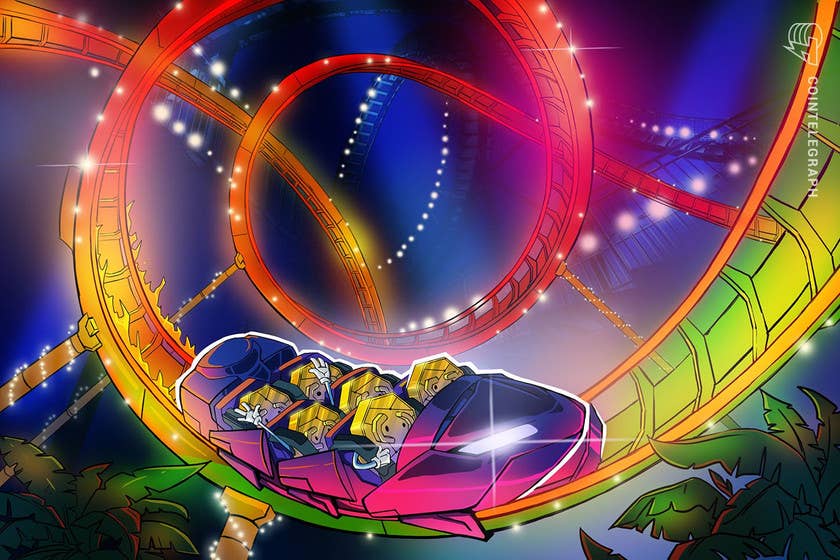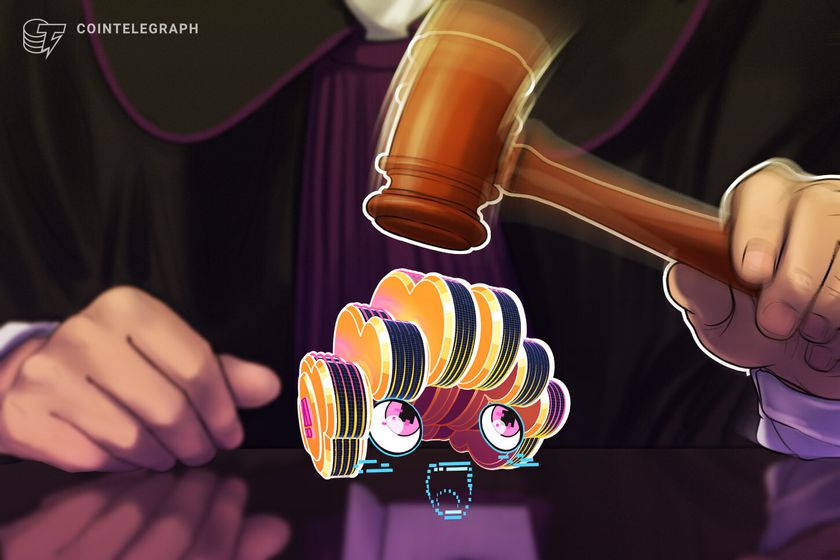How generative AI allows one architect to reimagine ancient cities
The emergence of generative artificial intelligence (AI) has presented modern society with new means for understanding and visualizing the world.
Meta, the parent company of social media platforms Facebook and Instagram, recently introduced new AI video and image-generating tools for creators, while OpenAI updated the premium version of its popular AI model ChatGPT to include powerful text-to-image generating capabilities.
As the pace of AI development continues to accelerate rapidly, many artists are faced with the challenge of embracing the new tools as a part of their workflow while still managing to keep their unique vision.
One such artist is the New York-based Greek architect Tina Marinaki, who has incorporated AI tools into her creative work and, in the process, created an online community of nearly 20,000 users on Instagram through “Athens Surreal,” which follows her reimagination of the ancient Athenian cityscape.
Cointelegraph spoke with Marinaki about incorporating AI into her work and how she reenvisions her home city using emerging technology.
She explained that the concept of Athens Surreal stemmed from the desire to understand “the way the different AI tools work” while testing ideas for a “different, sometimes romantic, sometimes utopian, futuristic Athens.”
Technical difficulties
According to Marinaki, one of the primary difficulties working with text-to-image AI systems is “translating” an image description to communicate a vision with the AI systems. “The selection or even the order of specific words can result in completely different images,” she explained.
“Other challenges are found in algorithmic ethnicity, gender or other biases when algorithms are trained using biased data.”
For example, she reported that a greater number of men can appear in AI-generated images even when a user’s parameters have no mention of gender, and in some cases, AI can create “racist or stereotypical images.”
Despite its biases in text-to-image generation, these weaknesses can lead to strengths if trained correctly. Marinaki said that AI could “significantly contribute” to the field of data optimization in the construction sector by suggesting the “ideal parameters” based on the data entered in the construction of a project.
Culture-to-image generation
One of the main components of Marinaki’s work through Athens Surreal is translating aspects of Greek culture into AI systems. However, given that culture is the product of lived human experiences, the question of whether machines can accurately translate the essence of culture comes into play.
Related: ChatGPT, Midjourney, other AI tools to make their way into EU legislation
According to Marinaki, this is precisely where human value is exemplified in machine creation. “I believe that the result, although generated by a machine with a defined randomness algorithm, is still driven by human imagination,” she said.
“As a result, my knowledge of Athens contributed in transferring the correct words and descriptions to the AI tools to interpret Greek culture.”
She said her architectural background helped in the selection and reinterpretation of the spatial landmarks or correlations, ordinary Athenian scenes and habits:
“The machine can only learn and recreate the knowledge it consumes, so one should teach the AI tool a subjective essence of the culture.”
Marinaki said the reaction from her Greek followers to her reimagined Athens is “mostly positive and enthusiastic.” According to her, the community sees the images as “nonrealistic images of a city we would like to dream of — surreal ordinary views that we would sometimes like to criticize, to bring laughter or inspire.”
Past meets future
Greece is an example of a place that has firmly held on to much of its past despite the world’s advancements.
Marinaki described technology’s advancements as a tool to help “preserve traces of the past” and even help “recreate them to perfection.”
Similarly, she said it is crucial for societies to create “a healthy relationship with AI” and develop regulatory frameworks that “will protect society from issues of propaganda politics and the spread of fake news, pirated intellectual property, or stereotyping and algorithmic bias.”
In October, Cointelegraph reported that the Greek government established a new AI advisory committee to create a national strategy for dealing with the technology.
“Only then will artificial intelligence be able to be an all-powerful, cutting-edge technology tool,” Marinaki said.
Magazine: ‘AI has killed the industry’: EasyTranslate boss on adapting to change









